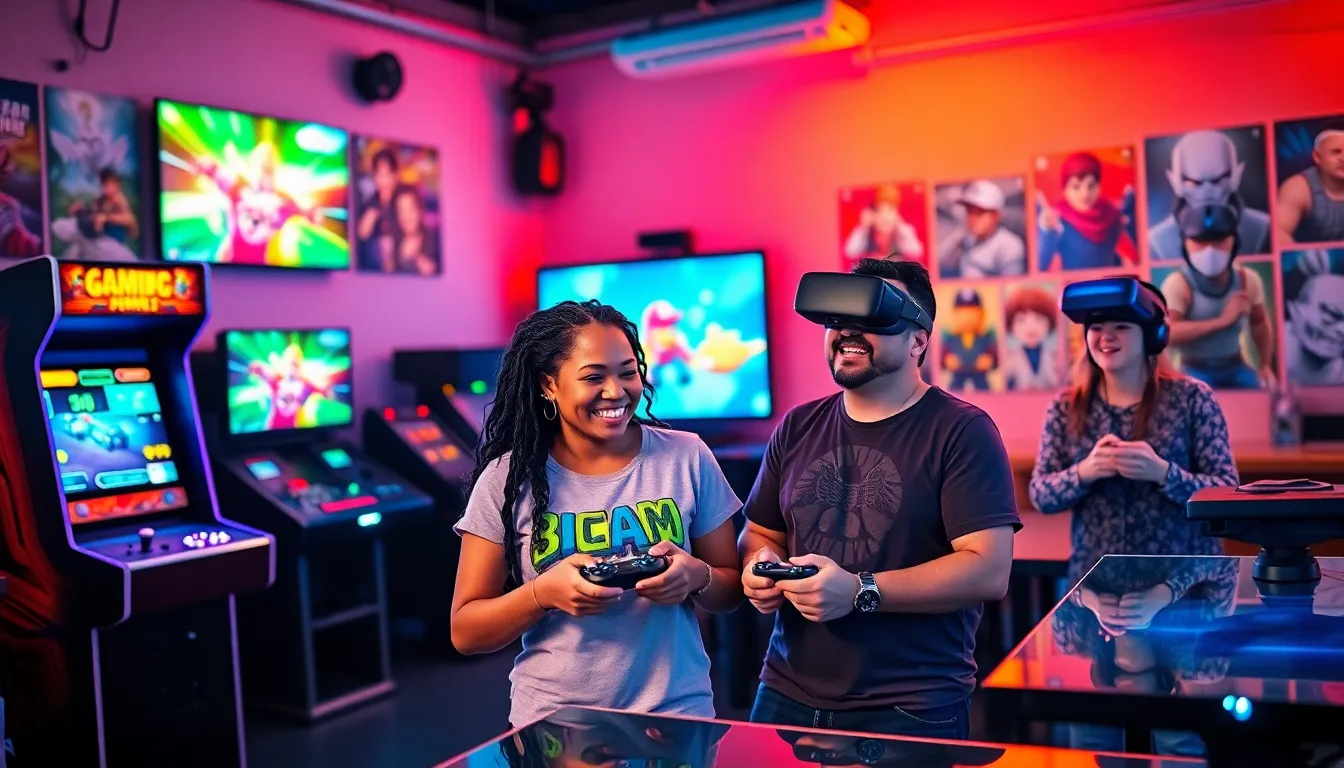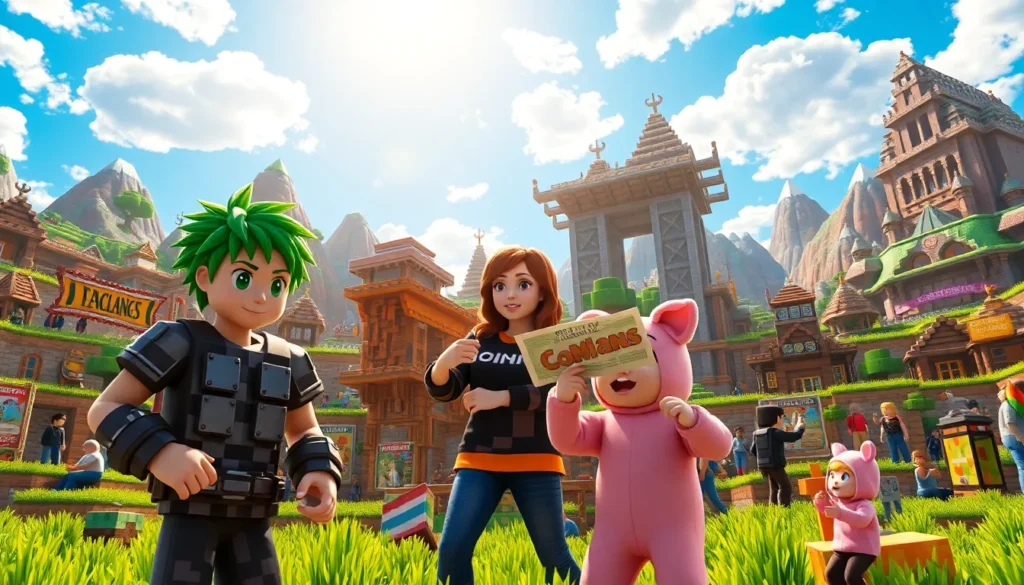Table of Contents
ToggleIn recent years, gaming has evolved from a niche hobby into a significant cultural phenomenon. “Ramblings of a Gamer” delves into the various facets of gaming culture, exploring how it has transformed over the decades due to technological advancements and shifting player demographics. Here, we will examine the rise of online communities, the importance of storytelling in games, and the future trends that will shape this ever-evolving landscape.
The Evolution of Gaming Culture

The Impact of Technology on Gaming
The journey of gaming culture began in the early days of arcade machines and home consoles. As technology developed, so did the gaming experience. From the pixelated graphics of the 80s to today’s stunningly realistic graphics, technology has had a monumental impact on how games are designed and experienced. High-speed internet has made it easier for gamers to connect, paving the way for multiplayer gaming and online communities. Also, advancements like cloud gaming have started to eliminate the need for expensive hardware, making gaming more accessible to a wider audience.
Shifts in Player Demographics
Traditionally, gaming was often perceived as a pastime for younger males. But, the landscape has dramatically changed, with a diverse audience now engaging with games. Women now represent nearly half of gamers, and age demographics have expanded significantly. This shift has led to game developers creating more inclusive and varied content, catering to different interests and ensuring players from all walks of life can find their niche. As a result, gaming culture has transformed into a more diverse and expansive space, welcoming all types of players.
The Rise of Online Communities
The Importance of Storytelling in Games
With the evolution of gaming, storytelling has taken center stage as a pivotal element in engaging players. Games like “The Last of Us” and “God of War” demonstrate the power of narrative, adding depth to gameplay and allowing players to form emotional connections with characters and stories. These narratives not only elevate the gaming experience but also foster a shared culture among players, who bond over experiences and discussions surrounding their favorite titles.
Examining Game Genres and Their Appeal
As gaming has grown, the variety of genres has exploded, from first-person shooters to role-playing games. Each genre appeals to different player preferences and provides unique ways to interact with the game world. Action-packed titles attract those seeking adrenaline, while puzzle games draw in players who enjoy critical thinking. This genre diversity encourages gamers to explore various gameplay styles, broadening their appreciation for the medium.
The Future of Gaming: Trends to Watch
Virtual Reality and Augmented Reality Innovations
Looking ahead, advancements in virtual reality (VR) and augmented reality (AR) are poised to revolutionize the gaming experience further. Companies like Oculus and HTC are pushing the boundaries of immersive gaming, providing an interactive environment that engulfs players. This technology not only enhances gameplay but also allows for new forms of storytelling, taking players deeper into narratives and creating experiences that are not possible with traditional gaming methods.
The Integration of Esports in Mainstream Culture
Esports have surged in popularity, evolving from niche competitions into major entertainment events with millions of viewers. Major tournaments now fill arenas, and mainstream brands are beginning to sponsor teams. This integration signifies a shift in societal acceptance of gaming as a legitimate career path and form of entertainment. As esports gain traction, the gaming culture continues to expand, connecting enthusiasts with competitive spirits.
Conclusion
Gaming culture is in a continuous state of evolution, driven by technological advancements and shifting social dynamics. As we look to the future, it’s clear that gaming will remain a central part of contemporary culture, continually adapting to encompass new trends and innovations. From online communities built on shared stories to the growth of esports, the world of gaming is not just about play, it’s about connection, creativity, and community. As we embrace these changes, one thing is certain: the landscape of gaming will be as exciting and diverse as the players who shape it.





